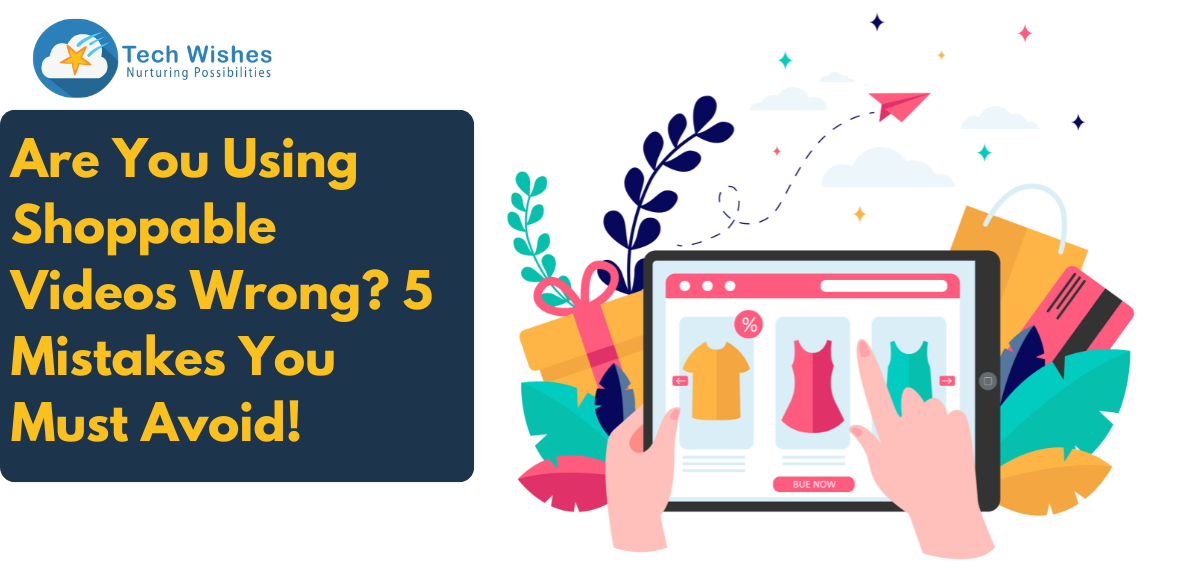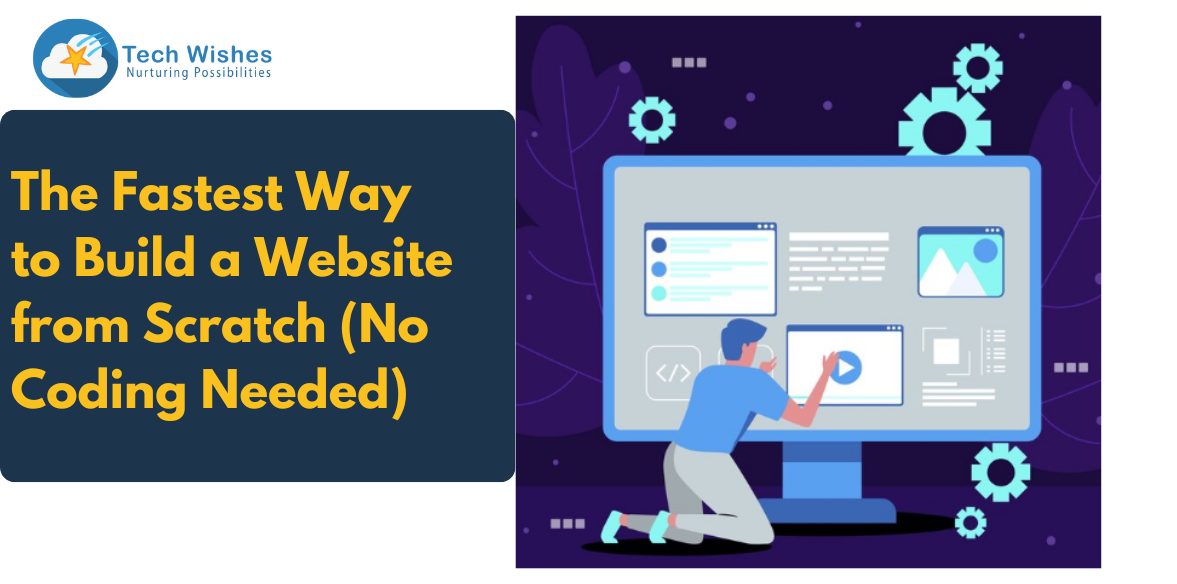In digital marketing, success is more than a subjective term – it's measurable through Key Performance Indicators (KPIs).
Key Performance Indicators (KPIs) are essential metrics used to measure the performance and progress of a business. They provide quantifiable data that helps organizations evaluate how well they are achieving their goals and objectives. KPIs vary depending on the specific objectives of a business and can include metrics related to sales, customer satisfaction, website traffic, and more.
You can always hire top digital marketers in India for a better understanding of your store’s success.
Here are Digital Marketer KPIs…
1. Conversion Rate:
A paramount KPI, conversion rate reflects the percentage of visitors who take the desired action, be it making a purchase, signing up, or downloading content. It's a direct indicator of how effectively your website and campaigns drive user engagement and action.
2. Click-Through Rate (CTR):
CTR gauges the effectiveness of your ads or email campaigns. It's the ratio of clicks to impressions – a higher CTR indicates that your content resonates with your audience and entices them to engage.
3. Cost per Conversion:
This KPI evaluates the efficiency of your spending. It calculates the cost incurred for each successful conversion, enabling you to assess the profitability of your campaigns.
4. Return on Investment (ROI):
ROI, the holy grail of KPIs, reveals the revenue generated from your marketing efforts concerning the cost invested. It provides a clear understanding of the financial impact of your strategies.
5. Customer Acquisition Cost (CAC):
CAC showcases the expense required to acquire a single customer. When compared to the Lifetime Value (LTV) of a customer, it helps you determine the sustainability of your marketing campaigns.
6. Bounce Rate:
A high bounce rate implies that visitors are leaving your site without interacting further. It's a negative user experience issue and helps you identify areas that need improvement.
Consult the best website design company in Kolkata for a proper website UI/UX architecture…
7. Customer Lifetime Value (CLTV):
CLTV assesses the total value a customer generates throughout their engagement with your brand. This KPI assists in tailoring your marketing strategies to maximize long-term value.
8. Social Media Engagement:
Likes, shares, comments, and mentions across social media platforms gauge your audience's engagement and sentiment towards your content. It's a qualitative KPI reflecting your brand's resonance.
Read: How to Leverage Social Media for Digital Marketing
9. Email Open Rate:
For email marketing, the open rate measures the percentage of recipients who open your emails. A high open rate indicates effective subject lines and relevant content.
Read: The Secrets of Effective Email Marketing Campaigns
10. Organic Traffic:
This KPI assesses the number of visitors who reach your site through organic search results. It reflects your SEO strategies' effectiveness in driving traffic.
Read: SEO Strategies for E-Commerce
11. Churn Rate:
In subscription-based models, the churn rate indicates the percentage of customers who cancel their subscriptions. Monitoring this helps you fine-tune retention strategies.
12. Landing Page Conversion Rate:
Specifically for landing pages, this KPI shows the percentage of visitors who convert after landing on the page. It's a direct reflection of the page's effectiveness in driving action.
The more you delve into digital marketing, the KPIs are your compass, steering you towards data-driven decisions. These indicators illuminate successes, reveal areas for improvement and guide you in optimizing your strategies for the best outcomes. From conversion rates to social media engagement, each KPI unveils a facet of your digital narrative – a tale of growth, engagement, and measurable success.
Hire the top digital marketing agency in Kolkata…



